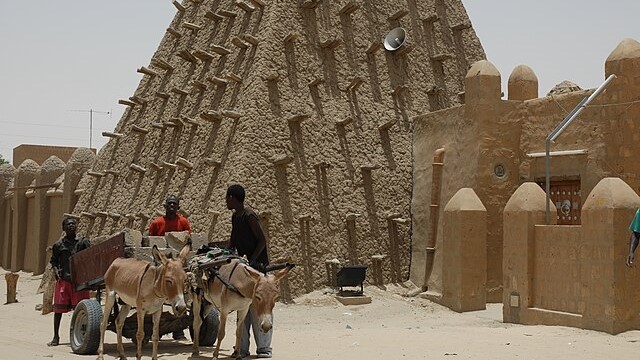Most travelers dream of visiting enchanting destinations filled with intriguing stories and vivid landscapes. One such place is the legendary city of Timbuktu, located in the heart of Mali, West Africa. Recognized for its rich history and cultural significance, Timbuktu offers you an extraordinary journey through time, reflecting the grandeur of ancient civilizations that flourished along the trans-Saharan trade routes.
As you plan your adventure, it’s imperative to understand what makes Timbuktu stand out. Founded in the 5th century as a seasonal settlement, it soon evolved into a thriving hub of trade, culture, and education. The city’s strategic location on the trade routes between the gold mines of the south and the salt flats of the north played a pivotal role in its growth, attracting scholars, traders, and travelers from various parts of the world. You’re stepping into a place where cultures intermingle and where the essence of commerce and scholarship resonates in every corner.
The most notable feature of Timbuktu is its historic mosques. The Djinguereber Mosque, built in 1327, is a UNESCO World Heritage Site and a pinnacle of Sudano-Sahelian architecture. As you stroll through the city, immersing yourself in its unique atmosphere, you’ll be inspired by the grandeur of this ancient structure. You can also visit the Sankore Mosque, part of the famous Sankore University, which was one of the first universities in the world. These grand structures serve as testimony to the intellectual and spiritual legacy of Timbuktu, where knowledge transcended borders.
The city is also home to the famous Ahmed Baba Institute, a library containing thousands of ancient manuscripts. These texts, some dating back to the 9th century, cover a range of subjects, including astronomy, medicine, poetry, and law. When visiting this institution, you’ll gain insights into the immense contributions of Timbuktu to global knowledge. You might be interested to learn how scholars in Timbuktu preserved and disseminated information that shaped entire generations, making it an intellectual haven of its time.
Your exploration wouldn’t be complete without delving into local culture and traditions. The city’s vibrant markets are brimming with artisans selling handmade crafts, textiles, and spices. You’ll enjoy the atmosphere as local musicians perform traditional songs, filling the air with the rhythms of West Africa. By engaging with the locals, you’ll gain a deeper appreciation for their customs and the everyday life that continues to thrive in this ancient city.
To summarize, a visit to Timbuktu offers you a rare opportunity to step back in time and appreciate a city that represents resilience and cultural richness. Whether you are captivated by its historic mosques, ancient manuscripts, or lively markets, Timbuktu’s allure is undeniable. As you uncover its layered past, you are bound to leave with unforgettable memories and a newfound respect for this legendary city.

